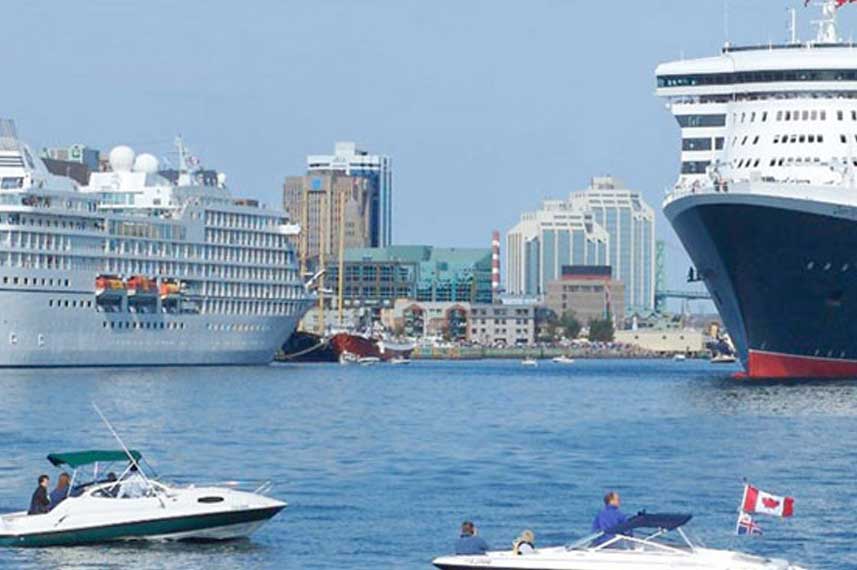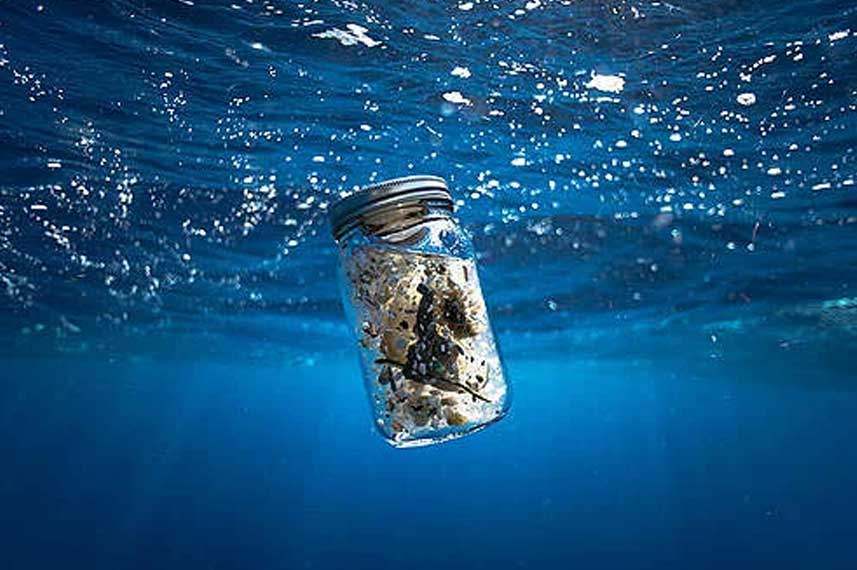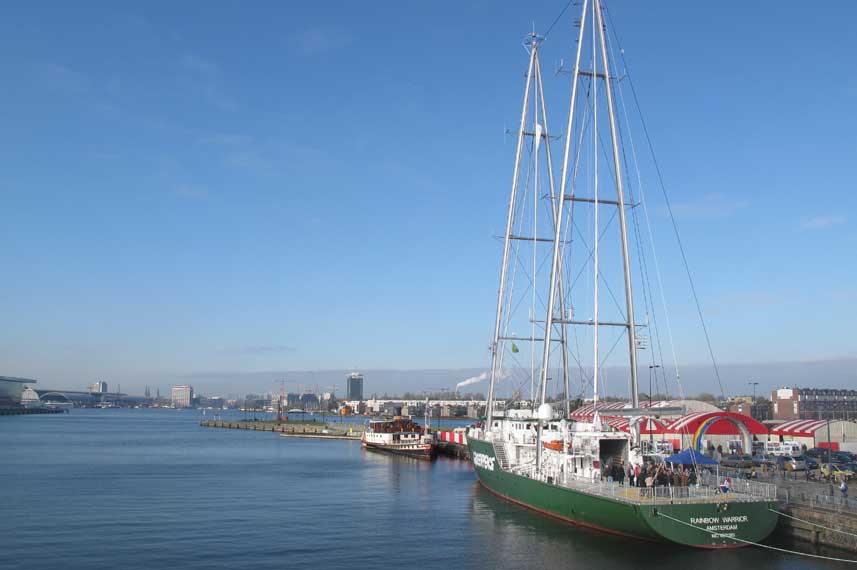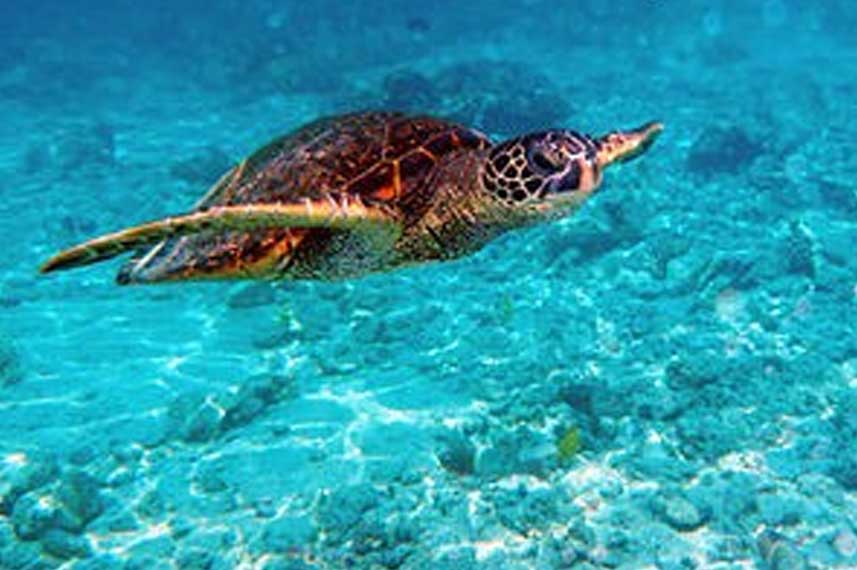Take a deep breath. Every second breath you take comes from the oceans. Oceans cover over 70 percent of the expanse on Earth and afford shelter to a multitude of lifeforms with whom we have the privilege to share this tiny blue dot we call home.
Yet, we know so little about life on Earth. Little wonder then, that despite all the technological advancement we as a species claim to have made and missions to the moon, it was only a few months ago that we found another reef in the Amazon. An entire reef. This reef has been found at the mouth of the Amazon River where it meets the Atlantic Ocean covering no less than 9,500 sq. km. and stretching between the boundaries of the territorial waters of French Guiana to Brazil′s Maranhão state.
And teeming with life. Dolphins often visit this reef that supports corals of all kinds – black, soft, numerous kinds of sponges and rhodolites, dozens of different species of invertebrates, fish and crustaceans, the migratory whales have been seen crisscrossing these paths while migrating. And yet, scientists suggest that we may know only five percent of what is out there.
Even as I gape in awe at this discovery, at the treasure that has been found and what brilliant jewels this planet holds, I have been told that we stand the risk of losing all of it to oil companies queuing up to drill for oil just a stone′s throw from this natural wonder. And not much further from 15 of Brazil′s Protected Areas is the Cabo Orange National Park, which is home to the green sea turtle, the Amazonian manatee and the jaguar, or the world′s largest continuous stretch of mangroves found in the region.
And whether or not we knew of it, the mangroves and the reef continue to quietly and surely play their part in making sure we have a more liveable planet. A brighter one. A richer one. Without these natural wonders the planet would undoubtedly be poorer than we would, without oil-guzzling SUVs and airplanes. Biodiversity after all, is the only real insurance against a climate stressed planet.
We are already beginning to feel the sharp, cold and deep gashes of human-caused climate change. Just the week before last, scientists spelt the dreary news that the Great Barrier Reef is terminal and beyond possible hope of recovery. Closer home, the reef along the Indian islands are already bleaching. And yet, we can′t seem to stop from destroying ourselves, and with us all life on Earth.
Despite knowing alternatives to dirty fossil fuels, and having learnt from BP′s fiascos in Mexico or the more recent ones along the Indian coastline (Sunderbans and earlier this year, Chennai) and knowing that the drilling activities around this ecologically sensitive will cause irreparable destruction, we continue to remain addicted to oil. Rather than learn from our mistakes, we seem keen to go ahead and let oil companies have their way. To let it hang like a Damocles′ sword over our future.
Fortunately, over a million people from across different parts of the world have already written to the CEOs of the fossil fuel companies in question and have made their voice heard. If you haven′t already, it′s time to join in and tell the giants that we don′t need to cut the hand to know if it hurts. We know better already. And we want a cleaner and brighter future for ourselves and our children.
Related Articles

Take a deep breath. Every second breath you take comes from the oceans. Oceans cover over 70 percent of the expanse on Earth and afford shelter to a multitude of lifeforms with whom we have the privilege to share this tiny blue dot we call home.

Identifying Conservation Needs in India's Offshore Waters
Examining the state of knowledge of ecological and biological aspects of India's Exclusive Economic Zone (EEZ).

A new Rainbow Warrior sets sail
The Earth has a new champion. In Bremerhaven, Germany, we′ve held the naming ceremony for the world′s first purpose-built, crowd-bought, eco-sleek sailing vessel, the new Rainbow Warrior. If you′re one

How environmental activism triggered a complex trademark dispute The following article was featured as a cover story in the March 2011 issue of India Business Law Journal. It is written